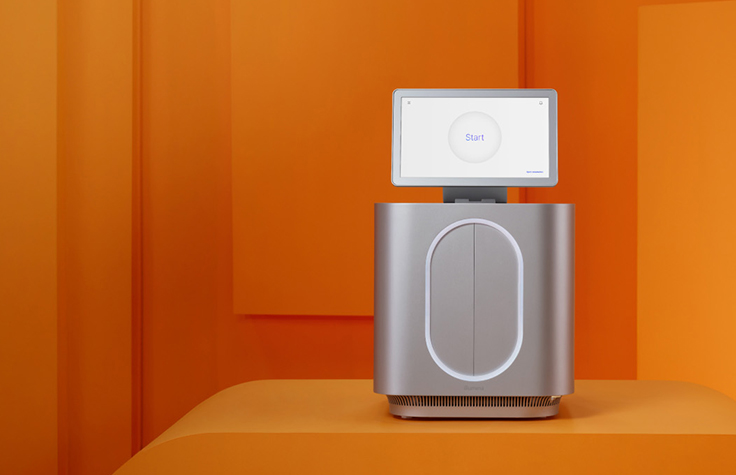You will need full data folder produced by the sequencer for a real test. I am not sure if you can download a full flowcell data folder to test the software. Check on BaseSpace.
Possible fastq conversion command will look like this. Demultiplexed data is going to be put in "Unaligned" directory. Following command is using 4 cores. There is no big benefit to going overboard with # of cores.
Code:
$ bcl2fastq -i /path_to/flowcell_ID/Data/Intensities/BaseCalls -o /path_to/flowcell_ID/Unaligned -r 4 -d 4 -p 4 -w 4
Code:
$ bcl2fastq -h
I believe you can specify a separate location for the samplesheet file with v.2.16. Previously SampleSheet.csv file had to be inside the /flowcell_ID/Data/Intensities/BaseCalls directory. That option would likely be specified with --samplesheet /path_to/samplesheet.csv addition to above command line (I have not tested the 2.16 version yet).
You can create an example samplesheet by using Illumina Experiment Manager (v.1.9) program that you can download from Illumina support site. This is a windows program.

Leave a comment: